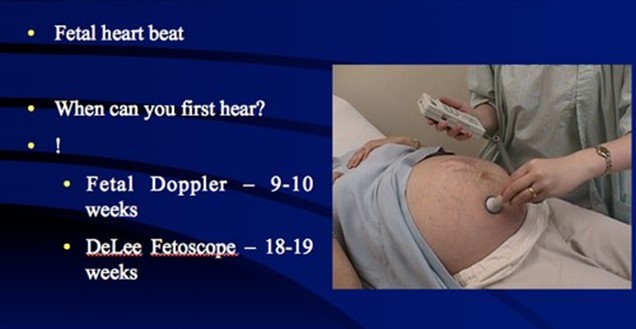A newly licensed nurse working at an HIV clinic is reviewing the responsibilities of her position at the clinic.
Which of the following tasks should the nurse identify as tertiary prevention?
Educating clients about contraindications to specific immunizations.
Using an electronic messaging system to remind clients when to take medications
Providing clients with information about the benefits of exercise.
Helping clients understand health screenings covered by their insurance plans.
The Correct Answer is B
The correct answer is choice B. Using an electronic messaging system to remind clients when to take medications. Tertiary prevention in healthcare involves measures taken to reduce the impact of an ongoing illness or injury that has lasting effects. This is done by helping people manage long-term, often-complex health problems and injuries in order to improve as much as possible their ability to function, their quality of life, and their life expectancy. In the context of an HIV clinic, reminding clients to take their medications can help manage the disease effectively and prevent complications.
Choice A rationale:
Educating clients about contraindications to specific immunizations is incorrect because this is more aligned with primary prevention, which aims to prevent the onset of an illness or injury before the disease process begins.
Choice C rationale:
Providing clients with information about the benefits of exercise is incorrect as this is generally considered a part of primary prevention, promoting general health to prevent various diseases.
Choice D rationale:
Helping clients understand health screenings covered by their insurance plans is incorrect because this is typically associated with secondary prevention, which involves screening to identify diseases in the earliest stages.
Nursing Test Bank
Naxlex Comprehensive Predictor Exams
Related Questions
Correct Answer is B
Explanation
Choice A reason:
Ketorolac is incorrect because it is an NSAID that is used for short-term pain relief. It has a higher risk of causing irritation to the stomach lining and is not recommended for clients with a history of peptic ulcers.
Choice B reason:
Acetaminophen is the correct answer. When caring for a client who reports a headache and has a history of a peptic ulcer, the nurse should administer Acetaminophen. Acetaminophen is an analgesic (pain reliever) and antipyretic (fever reducer) that does not have anti-inflammatory properties. It is a suitable option for pain relief in clients with a history of peptic ulcers because it is less likely to cause irritation to the stomach lining compared to nonsteroidal anti-inflammatory drugs (NSAIDs).
Choice C reason
Aspirin is not appropriate: Aspirin is an NSAID with anti-inflammatory, analgesic, and antipyretic properties. Like other NSAIDs, it can increase the risk of stomach irritation and should be avoided in clients with a history of peptic ulcers.
Choice D reason:
Ibuprofen is not the right option: Ibuprofen is another NSAID commonly used for pain relief and reducing inflammation and fever. Like other NSAIDs, it can irritate the stomach lining and is not recommended for clients with a history of peptic ulcers.
Correct Answer is A
Explanation

Whether you are a student looking to ace your exams or a practicing nurse seeking to enhance your expertise , our nursing education contents will empower you with the confidence and competence to make a difference in the lives of patients and become a respected leader in the healthcare field.
Visit Naxlex, invest in your future and unlock endless possibilities with our unparalleled nursing education contents today
Report Wrong Answer on the Current Question
Do you disagree with the answer? If yes, what is your expected answer? Explain.
Kindly be descriptive with the issue you are facing.
